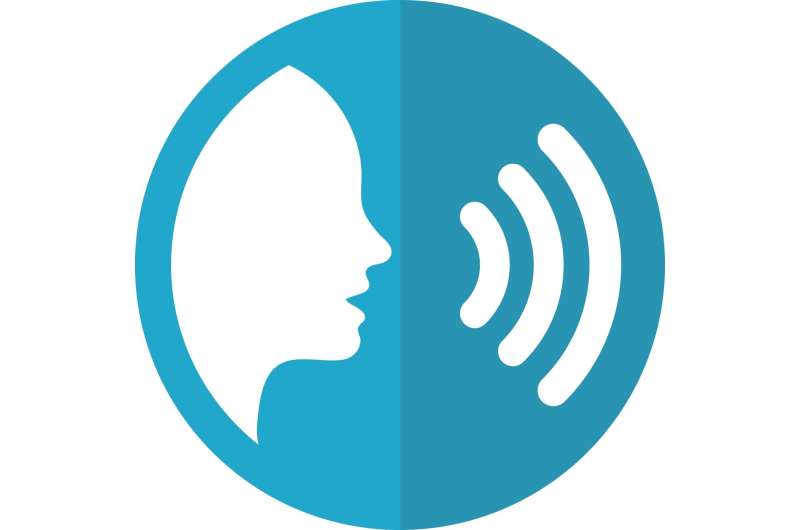This article has been reviewed according to Science X's editorial process and policies. Editors have highlighted the following attributes while ensuring the content's credibility:
fact-checked
peer-reviewed publication
proofread
Do you dislike your voice? You're not alone

In research published last month in The Laryngoscope, Dr. Matthew Naunheim and the team at Mass Eye and Ear surveyed 1,522 people to explore three unanswered questions in laryngology:
- The extent to which people like or dislike their own voices.
- Factors that contribute to dislike of one's voice.
- Willingness to consider interventions to change one's voice.
The study found:
- 8% of respondents reported that they did not like the sound of their own voice in normal conversation.
- 5% reported dissatisfaction with their voice.
- 6% of respondents without a history of dysphonia would consider an elective intervention to change their voice.
Qualities regarding clarity and pitch were the major factors cited among those who indicated they may consider elective intervention to change their voice.
"We spend a lot of time trying to help people with voice problems, like polyps, cancers, or paralysis. But what we haven't realized until now is how many normal people—that is, people without any diagnosed voice condition—really don't like their voices," Dr. Naunheim said. "It raises the question of whether elective, or even cosmetic, voice interventions for people who want to change their voices could become part of our work as otolaryngologists."
More information: Matthew R. Naunheim et al, Do You Like Your Voice? A Population‐Based Survey of Voice Satisfaction and Voice Enhancement, The Laryngoscope (2023). DOI: 10.1002/lary.30822



















